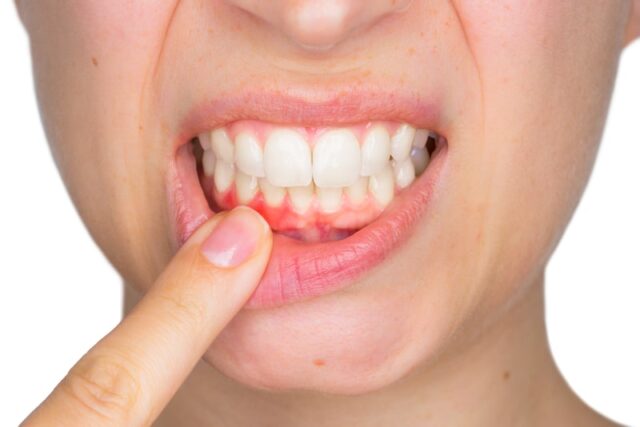
When it comes to maintaining a healthy lifestyle, healthy teeth and gums are key. Good oral hygiene can not only ensure your mouth is clean and fresh but prevent the onset of a number of serious health conditions down the line. But as well as becoming aware of the importance of healthy teeth and gums, you should also familiarize yourself with a number of steps you can incorporate into your daily routine. Continue reading to find out what they are and how they can improve your overall health and wellness.
Brush and floss your teeth twice a day
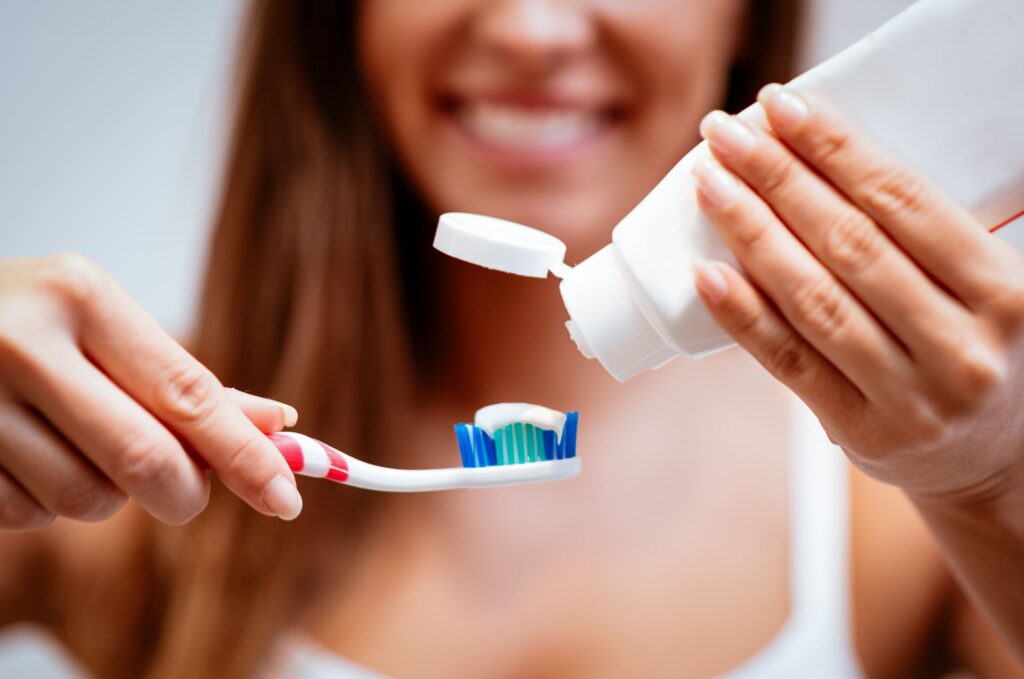
Most people are aware of the importance of brushing and flossing their teeth twice a day. But a surprisingly small number of people are familiar with the correct technique with which to do so. By failing to pay attention to the correct tooth brushing and flossing method, you may be inflicting more damage than good. For example, you should be brushing your teeth in small circular motions and paying extra attention to the front, back, and top of each tooth. You should avoid brushing your teeth in sawing motions as you may end up missing a large portion of your mouth by doing so. You should spend around 30 seconds focusing on each area before moving onto the next. The entire process should take between two and three minutes. You should also ensure you don’t brush too hard or with a hard-bristled toothbrush as this can end up leading to sensitive teeth and gums, gum erosion, and even permanent damage. To protect your teeth from harmful bacteria and germs, you should also replace your toothbrush every three to six months.
Get braces if necessary
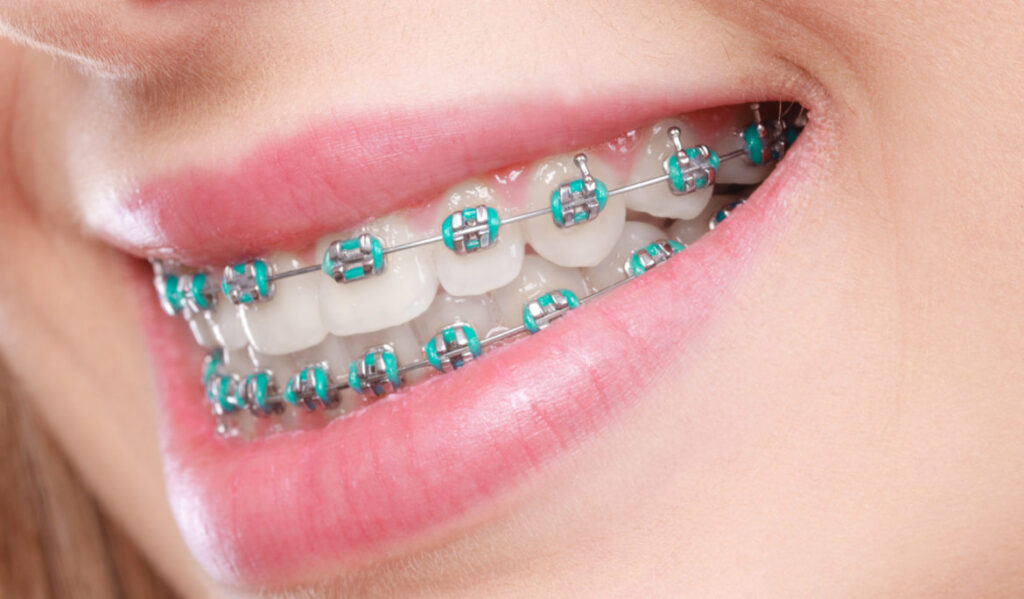
Most children, and even adults, will be advised by their dentist to get braces at one point or another. Whilst by no means a requirement, it can lead to healthier teeth and gums over time. There is a wide range of braces to choose from with options including standard braces, invisible braces, clear braces, and even headgear. If you are looking for clear braces, it may benefit you to shop around for an industry-leading provider or manufacturer. If you don’t know where to start or require more information, ALIGNERCO should be able to answer any questions or queries you may have and provide you with any additional information you may require. When it comes to choosing the right braces for you, you must weigh up the pros and cons of each option before making an informed decision. With so many factors to consider ahead of time, such as up-front and hidden costs, treatment timeframes, and aesthetics, it is not a decision that should be made quickly.
Use a fluoride-based toothpaste
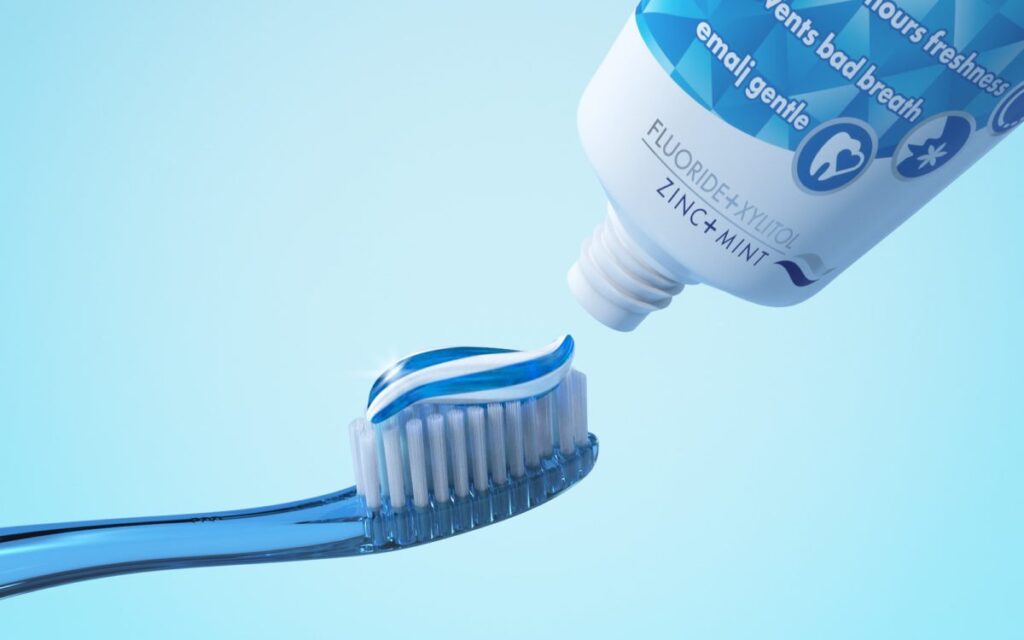
Fluoride is a natural element derived from the Earth’s soil. As a key component in the prevention of cavities, it is a common ingredient in both toothpaste and mouthwash. But despite its benefits, a growing number of dental products do not contain fluoride. Several dentists, orthodontists, and dental hygienists have uncovered a link between a lack of fluoride and tooth decay. Tooth decay has even materialized in patients with otherwise good oral hygiene with brushing and flossing twice a day somewhat futile in the fight against tooth decay. To protect your teeth from the effects of tooth decay, you should ensure your toothpaste and mouthwash lists fluoride as a key ingredient. Some US states have even added fluoride to their water supply with governing bodies, such as the World Health Organisation, the Centers for Disease Control and Prevention, and the American Dental Association, not only recommending this practice but encouraging fellow states to follow suit. To find out whether or not your local water supply contains fluoride, contact your local government today.
Schedule a check-up appointment at least twice a year

Even if you maintain good oral hygiene at home, you must treat your mouth to regular upkeep and maintenance at the hands of a professional dentist. Whilst timeframes may differ depending on your level of oral hygiene as well as the presence of any underlying health conditions, most experts recommend visiting your dentist once every six months. If you have a near-perfect dental record or your dentist informs you that you are at low risk of developing oral health problems, you may be able to lower this to once a year. During your check-up appointment, your dentist should perform a routine dental examination of your mouth as a whole whilst a dental hygienist may be called in to remove any hardened plaque and tartar from the gaps between your teeth. Your dentist will also be on the lookout for any symptoms of gum disease, cavities, and even mouth cancer. By identifying any warning signs ahead of time, you can be prescribed an individual treatment plan that works for you.
Limit your sugar and salt intake

When it comes to maintaining healthy teeth and gums, you must limit your sugar and salt intake. As well as contributing to the onset of a number of serious health conditions, sugar is also the leading cause of cavities and tooth decay in both children and adults. Whilst most foods and drinks contain sugar, some are worse than others. The worst offenders include candy, chocolate, and desserts. You should also inspect food packaging for high levels of processed or refined sugar. As well as sugary foods, it may also benefit you to avoid consuming too many foods high in starch such as bread, potato chips, and pasta as this can also lead to tooth decay over time. Most experts recommend that no more than 10% of your daily calories should be comprised of sugar. As well as sugar, salt can also have an adverse effect on your teeth. Excess salt consumption can lead to gum recession, xerostomia, or chronic dryness, and bleeding gums over time. By adjusting your diet accordingly, you can protect your mouth, teeth, and gums.
Use mouthwash twice a day
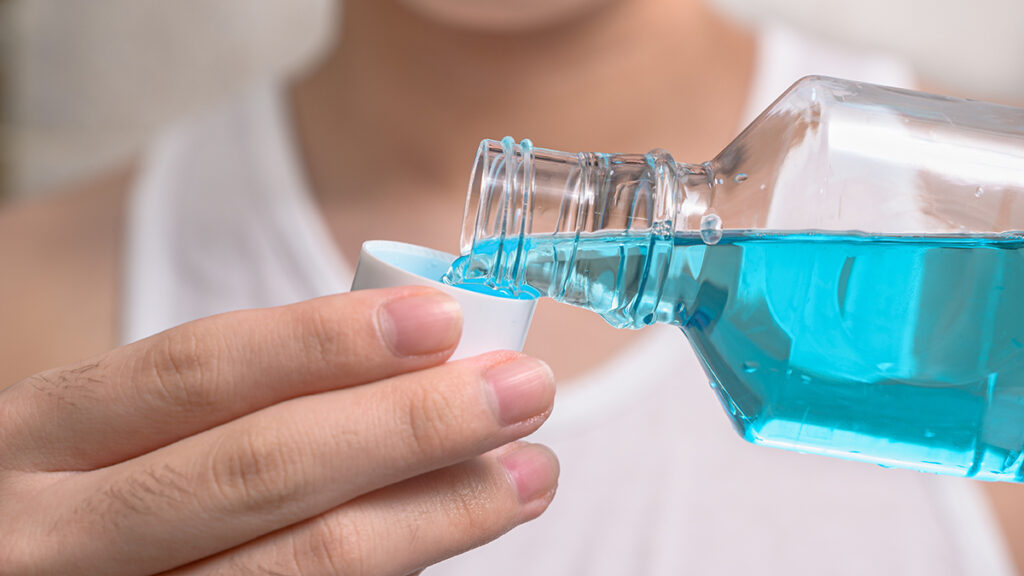
As well as brushing and flossing your teeth twice a day, you must also use a mouthwash twice a day. This can improve your oral hygiene as well as your overall health and wellness. Whilst most mouthwashes will do the trick, a mouthwash containing an antibacterial ingredient, such as chlorhexidine, can protect your teeth from the harmful side effects of plaque, gum disease, and gingivitis. Several mouthwashes also contain a number of essential oils, such as tea tree and clove oil, which contain additional antibacterial properties and can leave your mouth looking and feeling clean and fresh. If you are unsure, your dentist, orthodontist, or dental hygienist should be able to point you in the right direction of a mouthwash suitable for your individual dental needs and wants. A mouthwash should not be used as a substitute for brushing and flossing but as an additional extra that can improve your oral hygiene.
Healthy teeth and gums are an indication of a healthy diet and lifestyle. But aside from scheduling regular dental check-ups, good oral hygiene should continue at home. For example, you should brush and floss your teeth twice a day, get braces as necessary, use a fluoride-based toothpaste, schedule a check-up appointment at least twice a year, limit your sugar and salt intake, and use mouthwash twice a day.









